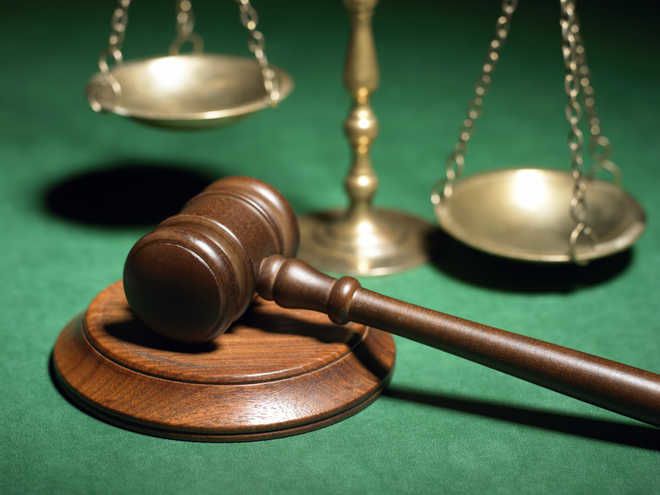
Saurabh Malik
Chandigarh, July 26
The Punjab and Haryana High Court has allowed a permanent resident of the United States to travel abroad for revalidating his Green Card. The decision by Justice Harpreet Singh Brar comes despite the pendency of a trial against him in a matrimonial dispute and the initial refusal to release his passport by Dasuya Judicial Magistrate First Class.
TRAVEL INTEGRAL PART OF PERSONAL LIBERTY
- The High Court stressed that the right to travel was an integral part of personal liberty under Article 21 of the Constitution
- It also referred to the SC's view that conditions imposed by courts should balance public interest in criminal justice enforcement with the rights of the accused
Gurpreet Singh had moved a petition challenging the order dated July 16, which denied his request to release his passport and permit travel to the United States. A qualified commercial taxi driver in New York since 2016, he argued that his livelihood and permanent residency were at stake.
According to the conditions of his Green Card, he must return to the US within six months of departure, failing which his permanent residency could be revoked. He cited his clean legal record and deep roots in society, including aged parents residing in India, to bolster his claim that he posed no flight risk.
The petitioner's counsel submitted that denying him the opportunity to travel would result in the loss of his Green Card, which he had secured after considerable effort. The counsel also emphasised that he had consistently cooperated with the investigating agencies and had no intention of evading the law.
On the other hand, the state's counsel opposed the petition, suggesting the possibility of him absconding.
Justice Brar noted the Supreme Court's stance in similar cases, particularly citing the judgment in "Parvez Noordin Lokhandwalla vs State of Maharashtra" where travel abroad was permitted despite ongoing legal proceedings. The court stressed that the right to travel was an integral part of personal liberty under Article 21 of the Constitution of India, as underscored in the landmark Maneka Gandhi case.
Justice Brat asserted: "In the present case, the petitioner is an Indian citizen and holds an Indian passport. If he is not allowed to travel, it would have a truly detrimental effect with respect to the resumption of his Green Card."
Justice Brar also referred to the Supreme Court's view that conditions imposed by courts should balance public interest in criminal justice enforcement with the rights of the accused.
The HC set aside the impugned order and directed the trial court to release the passport. The petitioner was permitted to travel to the United States under stringent conditions. Among other things, he was directed to appear before the trial court within six months of the order and surrender his passport. He was required to deposit Rs 5 lakh with the trial court as a security measure.
The judgment is significant as it makes it clear that legal constraints should not infringe upon fundamental rights, especially when compliance with the law and cooperation with legal processes are evident.